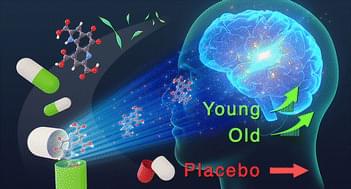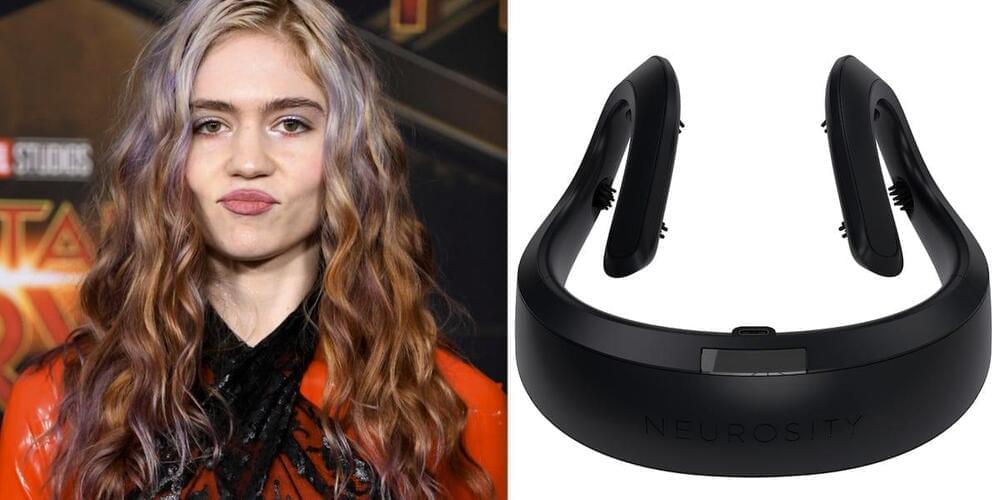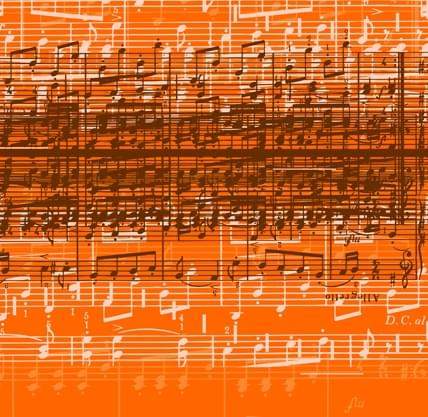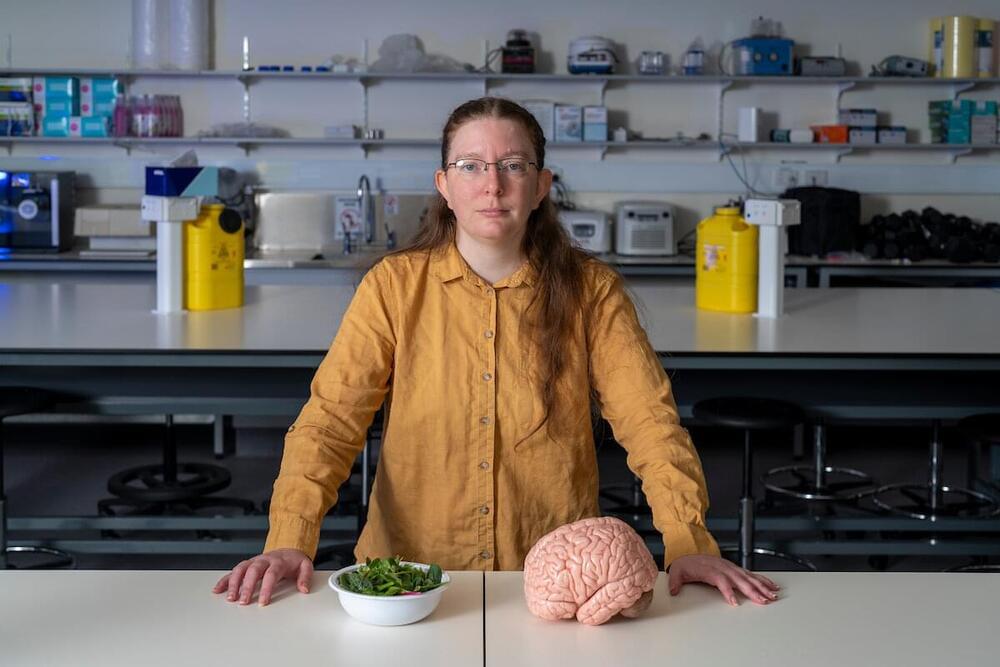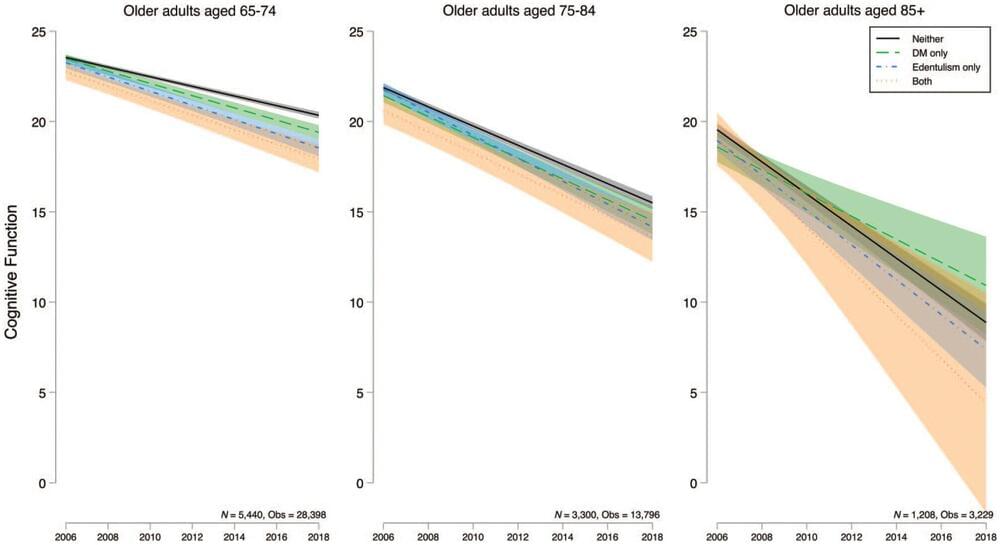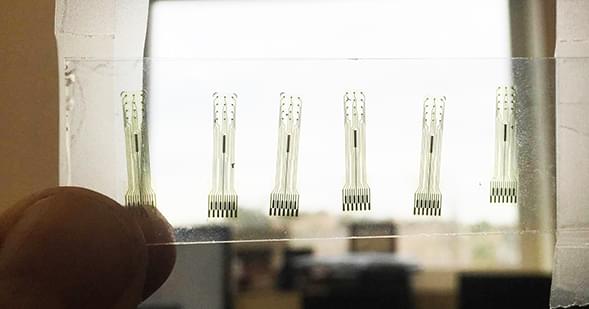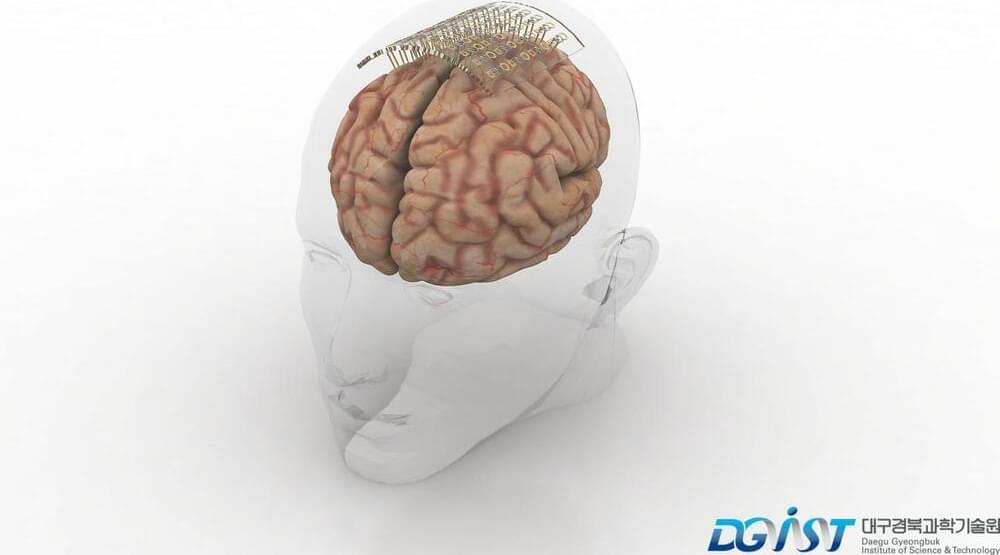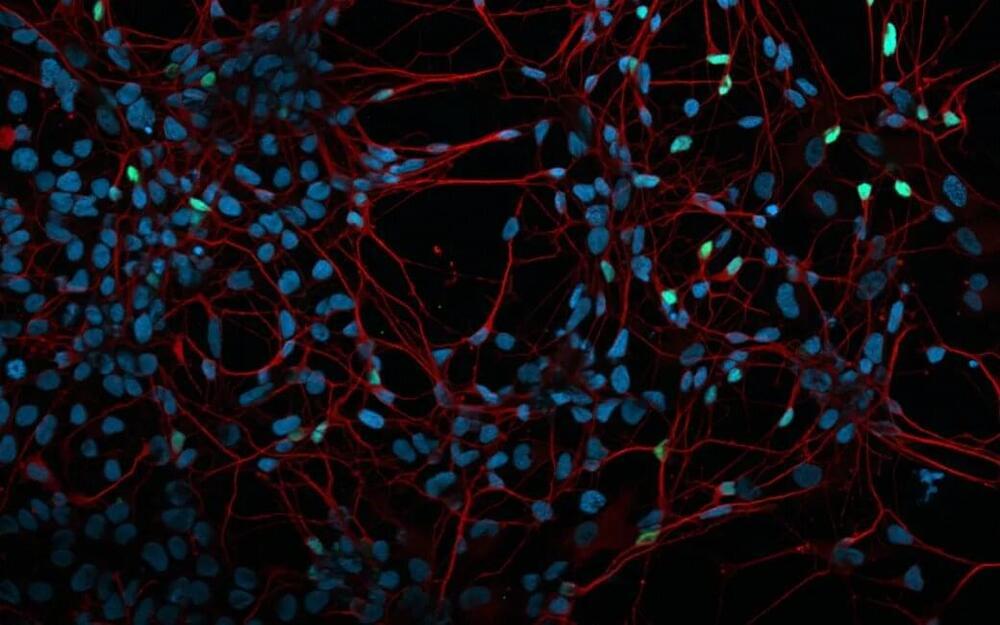Brain function is important for a good quality of life. Pyrroloquinoline quinone disodium salt (PQQ) has been proven to improve brain function and cognition in older adults (above 45 years). In this double-blind, placebo-controlled study, we investigated the effects of PQQ on cognitive function in adults aged between 20 and 65 years. PQQ (20 mg per day) was administered for 12 weeks to the participants. After 12 weeks, the participants showed improvements in composite memory and verbal memory. A further age-stratified analysis was performed. In younger adults (aged 20–40 years), PQQ improved cognitive function (cognitive flexibility, processing speed, and execution speed) after 8 weeks. Only older adults (aged 41–65 years) showed improvements in complex and verbal memory after 12 weeks. In the logistic regression analysis that included the results of all cognitive tests, the changes due to PQQ intake were observed at 8 and 12 weeks in the young and old groups, respectively.
